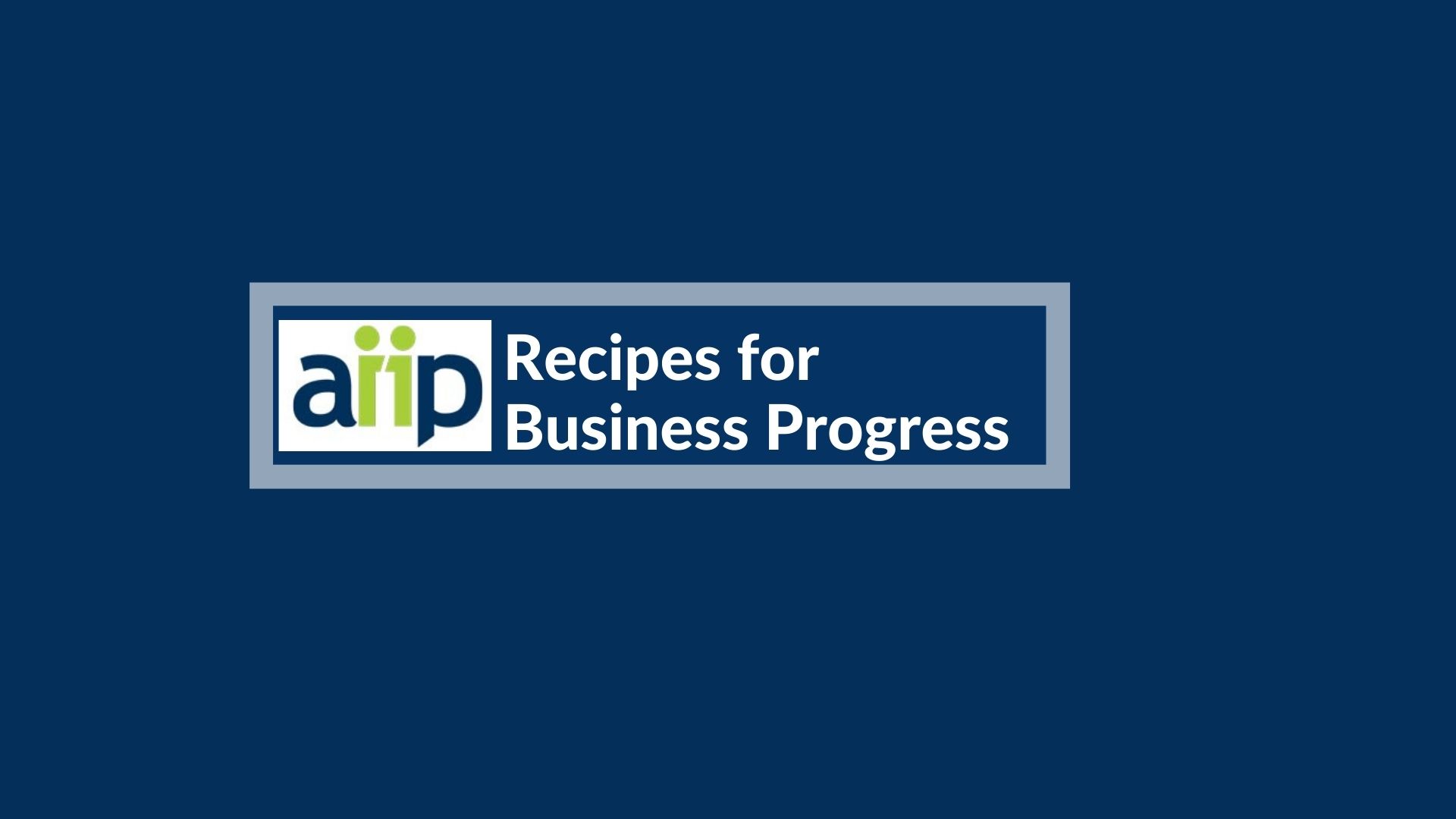AI Apps for Infopreneurs

By Arthur Weiss
Every 25-30 years, a new technology emerges that transforms infopreneurship. In the late 1960s and early 1970s, online databases such as Dialog, LexisNexis, and CompuServe emerged. Twenty-five years later, in the late 1990s, the Internet, particularly the World Wide Web, transformed the landscape – and to be successful, infopreneurs had to become proficient in web searching, social media, and more. Today, as we approach 2025, infopreneurs need to upskill again – this time to become experts in the emerging AI marketplace.
AI is being incorporated into most software – to a greater or lesser extent. If you post on LinkedIn, you may be prompted to rewrite your post using AI. Evernote has incorporated AI to help tag or summarize notes. Graphic tools such as Descript and Canva include AI features for creating social media posts, advertisements, and editing videos. You can create videos with tools such as Invideo AI – in just minutes.
Using Adobe’s Firefly, Microsoft Copilot, Google’s Gemini, and similar tools you can enhance websites and presentations with copyright-free or commercially usable images generated directly in these platforms. If you use any Microsoft Office 365 application, AI is included. Making presentations on the fly with Gamma.app or Presentations.ai is easy.
However, you’ll notice that so far, I’ve not mentioned ChatGPT – launched in November 2022. ChatGPT now has several rival “large language model” competitors, and the choice depends on your specific needs. For research, Perplexity.ai is probably the best choice as it allows live searching that can be focused depending on your research needs, including academic, social media, or general information searches. You.com offers similar functions. Conversely, for proofreading tasks (e.g. a blog post such as this) I’d recommend Claude.ai or ChatGPT to check punctuation, spelling and grammar, and even suggest improvements in content or style. I also use Microsoft Copilot for quick searches – as it’s incorporated into Bing while Google’s Gemini is now integrated into Google search results. (If using any of these for research, you need to verify the results – although “hallucinations”, where the tool makes up answers, is less frequent than a year ago, it still happens).
Finally, it’s important to stay ahead – as new tools appear. For instance, OpenAI’s SearchGPT, currently being integrated into search engines, may soon rival Perplexity. Other emerging tools will make our tasks so much easier. For example, Google’s NotebookLM allows quick summarization, FAQ generation, and the creation of briefing documents, and more, all directly from a website or uploaded documents.
The catch, of course, is that accessing these tools’ best features requires payment. You’ll need to decide which tools can justify a monthly investment of, typically, around $20 for the latest and most advanced versions.
Arthur Weiss has been an infopreneur for almost 30 years, and founded AWARE in 1995 after a career at the business information company Dun & Bradstreet. He specializes in competitive and marketing intelligence using open sources (OSINT). Recently he has pivoted to new areas, including exploring how AI tools can support infopreneurs. His latest insights can be read in International Marketing & Competitive Intelligence and Computers in Libraries magazines. He may be contacted at a.weiss@aware.co.uk.





